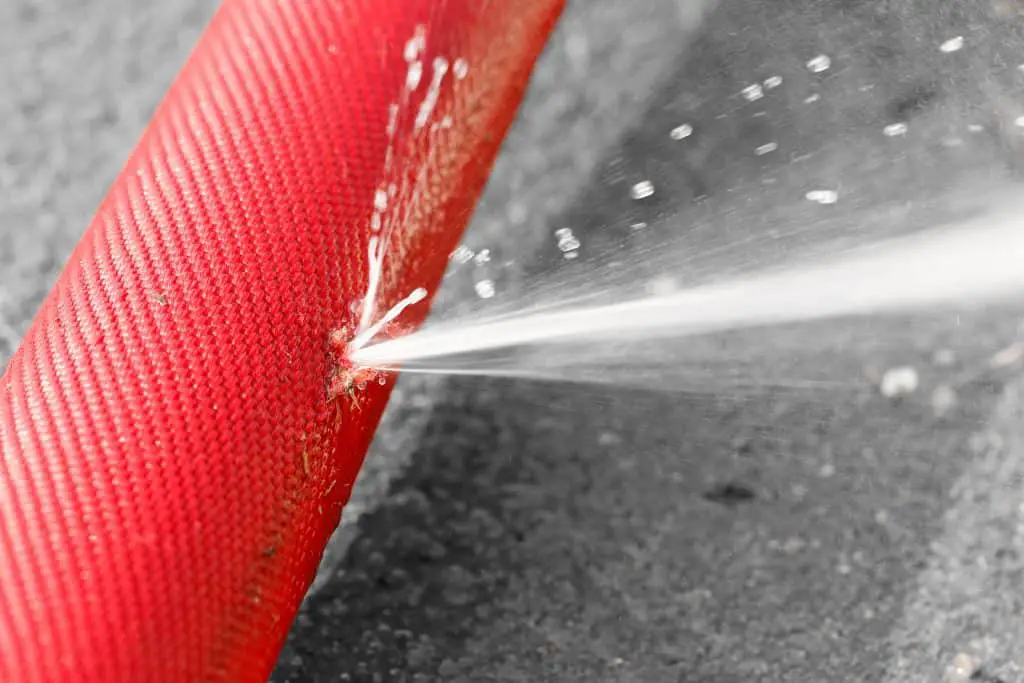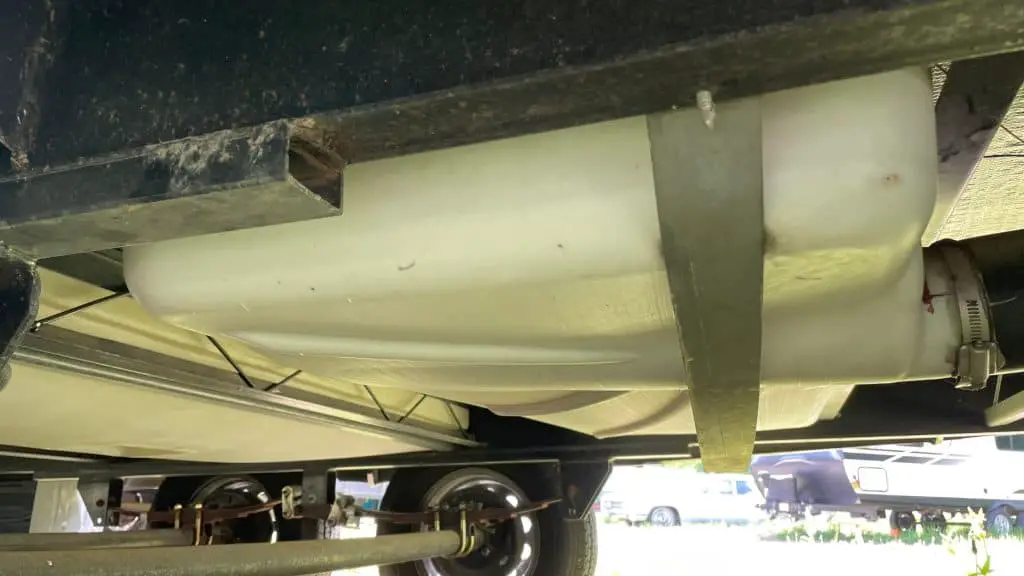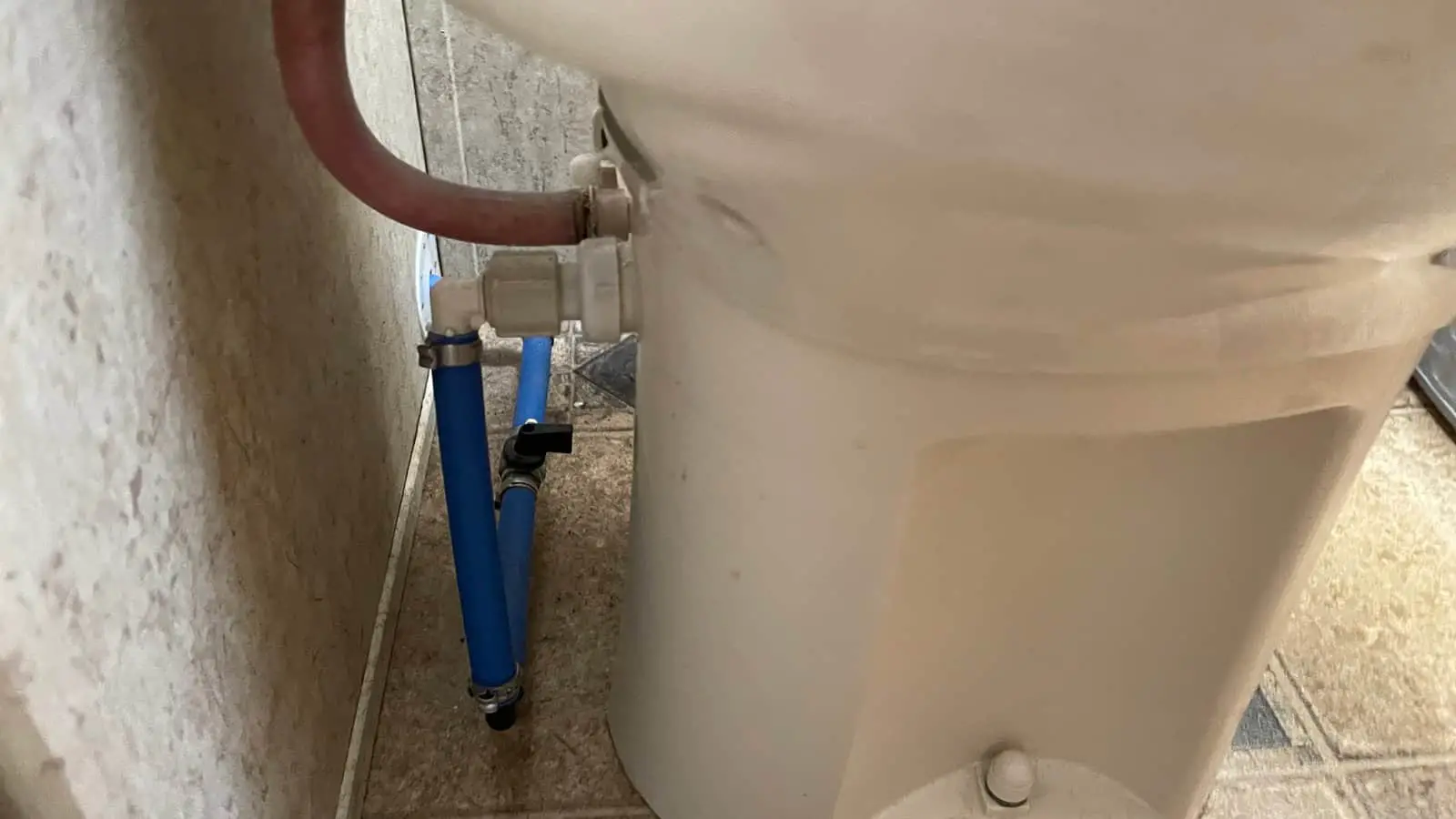Whether you’re a seasoned RVer or new to the world of recreational vehicles, water system issues are bound to happen at some point. To make sure your travels remain enjoyable and hassle-free, it’s essential to have a working knowledge of common RV water system troubleshooting techniques.
In this comprehensive guide, we’ll cover the main components of an RV water system, discuss common problems, and provide solutions to get you back on the road in no time.
Understanding Your RV Water System
Before diving into troubleshooting, it’s crucial to understand the basics of your RV’s water system. It typically consists of the following key components:
- Freshwater Tank: This is where your potable water is stored for drinking, cooking, and washing.
- Water Pump: Responsible for transferring water from the freshwater tank to your faucets and appliances.
- Water Heater: Heats the water for showers and other hot water needs.
- Water Lines: Connect all the components and carry water throughout the RV.
- Gray and Black Water Tanks: Collect wastewater from your sinks, showers, and toilets.
Common RV Water System Problems and Solutions
Let’s dive into some common water system issues and their solutions.
1. Low Water Pressure
Having low water pressure can be frustrating, but there are a few possible causes:
- Clogged water filters: Check and clean or replace any water filters in your system.
- Faulty water pump: If your water pump is not functioning properly, it may need to be repaired or replaced.
- Kinked or damaged water lines: Inspect your water lines for kinks, leaks, or other damage, and repair or replace as needed.
You may be interested in this articl we have: Best RV Water Pressure Regulator (Buying Guide)
2. No Hot Water
If you’re not getting any hot water, it could be due to:
- Faulty water heater: Check for issues like a tripped breaker or a malfunctioning heating element. Consult your water heater manual for specific troubleshooting steps.
- Empty propane tank: If your water heater uses propane, make sure there’s enough gas in the tank.
3. Leaking Water Lines
Leaking water lines can cause significant damage to your RV. Here’s what to do:
- Locate the leak: Inspect your water lines and connections for visible signs of leakage.
- Repair or replace: Depending on the severity of the leak, you may need to repair or replace the damaged water lines.

4. Foul-Smelling Water
If your water has a strange odor, it could be due to:
- Contaminated freshwater tank: Clean and sanitize your freshwater tank using a recommended cleaning solution.(Amazon)
- Stagnant water: If your RV has been sitting unused for a while, drain and refill your freshwater tank.
Check out this article: Why Does My Camper Water Smell: Understanding the Root Cause of the Problem
5. Water Pump Cycling On and Off
A water pump that cycles on and off frequently may indicate:
- Air in the water lines: Purge air from the lines by opening all faucets and running water until a steady stream is achieved.
- Loose or damaged water pump connections: Check and tighten any loose connections or replace damaged parts if necessary.
6. Toilet Not Flushing Properly
A toilet that isn’t flushing correctly can be caused by:
- Clogged toilet: Use a RV toilet sprayer (Amazon) to clear the obstruction.
- Insufficient water: Ensure that there is enough water in the bowl before attempting to flush. If not, check your water supply and connections.
7. Slow Draining Sinks and Showers
Slow-draining sinks and showers can be due to:
- Clogged drains: Clear any obstructions using a drain snake or drain cleaner.
- Blocked vent pipes: Inspect and clear any blockages in your vent pipes to allow proper airflow.
8. Inaccurate Tank Level Readings
If your tank level readings seem inaccurate, consider the following:
- Dirty sensors: Clean your tank sensors following the manufacturer’s instructions.
- Malfunctioning sensors: If cleaning doesn’t help, you may need to replace the sensors.
9. Frozen Water Lines
Frozen water lines can occur during cold weather and may lead to:
- Insulate water lines: Protect your water lines with pipe insulation to prevent freezing.
- Use a heated water hose: A heated water hose (Amazon) can help maintain water flow in freezing conditions.
10. Overflowing Gray or Black Water Tanks
Overflowing wastewater tanks can be both messy and unsanitary:
- Monitor tank levels: Regularly check your gray and black water tank levels to prevent overflows.
- Empty tanks: Follow proper procedures for emptying your tanks at designated dump stations.

11. Faucet or Showerhead Leaks
Leaks from faucets or showerheads can waste water and create messes:
- Tighten connections: Check and tighten any loose connections or replace damaged parts if necessary.
- Replace worn-out washers or cartridges: Faucet or showerhead leaks can often be fixed by replacing washers or cartridges.
12. Sputtering Faucets
Sputtering faucets can be caused by air or debris in the water lines:
- Purge air from the lines: Open all faucets and run water until a steady stream is achieved.
- Flush the system: If debris is causing the issue, disconnect the water source, open all faucets, and run the water pump to flush the system.
13. Water Pump Noise
A noisy water pump can be distracting and annoying:
- Check for loose mounting: Ensure the water pump is securely mounted and tighten any loose bolts.
- Install a vibration dampener: A vibration dampener can help reduce water pump noise.
14. Cloudy or Discolored Water
Cloudy or discolored water can be caused by various factors:
- Contaminated water source: If you suspect the water source is contaminated, switch to a different source and flush the system.
- Mineral buildup: If minerals are causing the issue, use a water softener to improve water quality.
15. Water Pump Fails to Start
If your water pump doesn’t start, consider the following:
- Check power supply: Ensure that the water pump is receiving power by checking fuses and connections.
- Inspect the pressure switch: A faulty pressure switch can prevent the pump from starting. Replace it if necessary.
By addressing these additional water system issues, you’ll be better equipped to handle a wide range of challenges that may arise during your RV adventures. Remember, regular maintenance is key to keeping your RV’s water system in optimal condition.
Good luck, and happy camping!
Check out our article on: The 6 Best RV Water Softener For Your Camper And Travel Trailer

